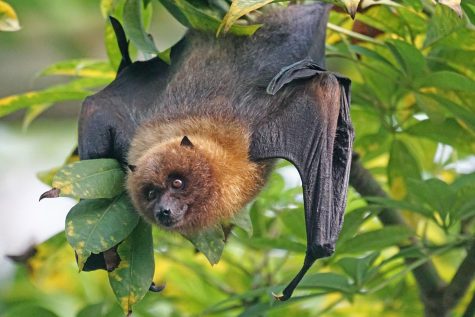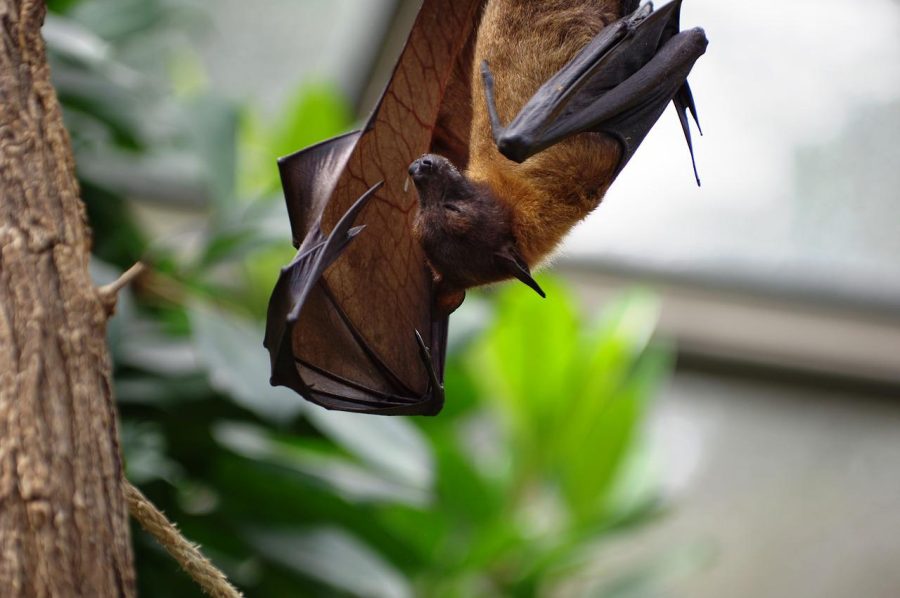Bats: Do They Deserve Their Reputation?
June 1, 2022
Bats have always had quite the reputation. The connection between mythical vampires and bats is long and not all that complicated. It originates from Eastern Europe where a Transylvanian Prince named Vlad Dracull is said to have treated his people terribly and earned the nickname “the impaler” by submitting selected people to hang from or lay on spikes.
Vampire bats do, in fact, exist but exclusively in Central and South America. They usually only prey on birds and livestock, and they don’t suck blood. Instead, they bite their prey and lick up the blood with their tongues. Moreover, bats play a very important role in the natural build of nature. Despite this, these airborne mammals are given such a vast number of stereotypes and misconceptions that most people are unaware of the benefits we have because of their existence. They are not a threat to us. One of the most damaging stereotypes for bats is that they carry diseases when there’s statistically a higher chance of contracting rabies from a dog compared to the chance of a bat.

Dr. Miles Carroll, Deputy Director and Head of Research & Development Institute of Public Health, England says “bats have gotten a really bad name because of the high profile pathogens that they do carry, such as Ebola, rabies, Marburg or Nipah, some of which can be deadly,” and “bats probably carry a whole array of diseases, many of which we do not get.”
Even so, bats play a very important role in the natural cycle of many plants, especially in tropical areas, said Mike Lacki, wildlife ecologist with the University of Kentucky College of Agriculture. “The bats found in Kentucky feed exclusively on insects, primarily beetles and moths, which often develop from larvae that are crop pests. By keeping theses pest populations in check, bats actually serve a beneficial role in nature. The big brown bat, often found in old human dwellings, eats a lot of crop pests.” Lacki said. Some bats spread pollen by going from flower to flower in hopes of finding nectar. Others eat fresh fruit, proceeding to spread the seeds of the plant as they pass through their digestive systems.











